Camping has played a big part in my life for a long time and for as long as I can remember we have had a great time. As a child, our camping adventure would be to the New Forest and the Forest of Dean and as an adult, I have camped in the Lake District, the Peak District, Lincolnshire, Norfolk, Suffolk, Essex, Kent coast and Sussex.
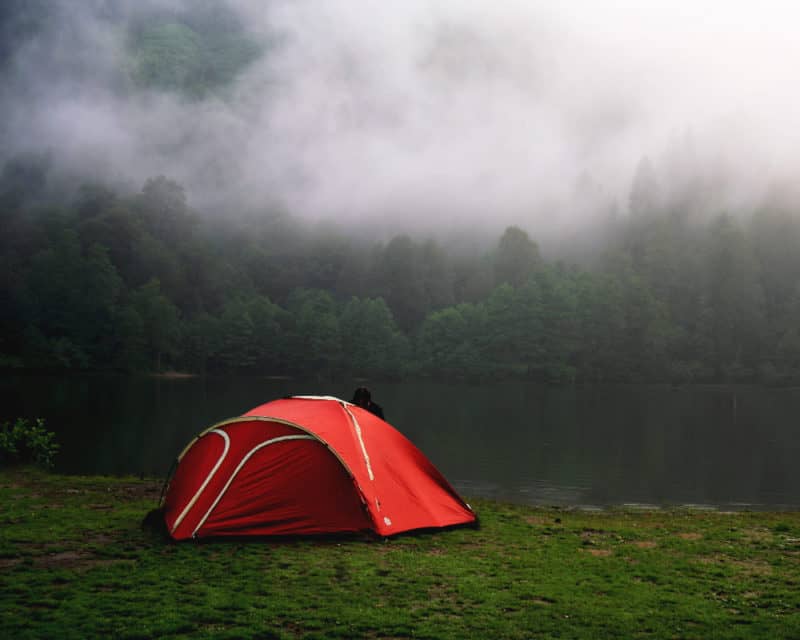
When the weather is good, in the right spot camping is the best thing and just perfect. It’s such a laidback way of life getting back to mother nature where the majority of your time is spent outside whether out walking, watching the children play, enjoying sports as a family or chilling with a cold beer watching the sunset over the campsite you can do wonderful things and make great memories.
If you’re camping in the UK then chances are the whole family will also require the correct camping gear, the right attitude and an amount of common sense come into play as at some point the weather could turn so you need to be prepared from the outset to ensure a dry tent create a dry place for the family.
Choosing a campsite
Top Tips: Start at the very beginning by researching your chosen campsite and camping area well. Read up on weather and reviews of the site taking care to note whether the sites are prone to high winds, severe weather or flooding, that is the last thing you want. The high ground would be the ideal position whenever possible.
Choosing your pitch
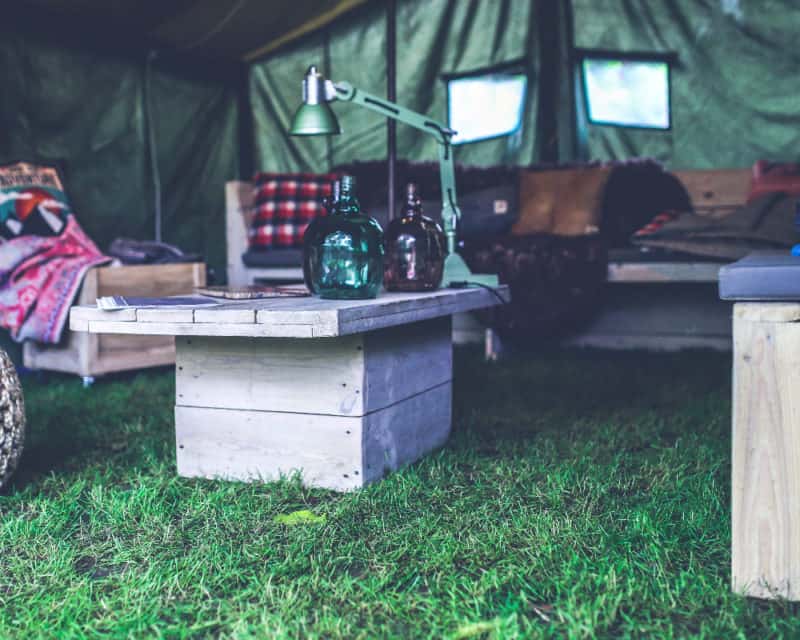
Providing you arrive in good time and have checked the weather forecast, most campsites are usually quite good at offering you a choice of pitches and are very helpful in advising you which areas are best for the weather. When we camped in the Lake District, we were advised of the pitches to avoid flooding.
What to look for – bonus tip:
- try to find a pitch or tent footprint which is on flat ground or as flat as possible to ensure dry gear and tent without dips which can fill with water in heavy rain and wet weather
- if the campsite is close to water (rivers/streams/sea) an important tip and good idea in the event of extreme weather or flooding is to ensure your pitch is on higher ground in a dry zone
- to keep your tent dry look for extra shelter from the strong wind as the best option also a dry space be that from bushes, hedgerows or buildings
Camping in the rain
When pitching your tent in a dry spot and good weather take note of the important things. Ensure that you use the guide ropes and interior straps when available to improve the tension of the exterior material and also help to protect the inner tent in rainy weather (also morning dew and condensation).
If the tent structure is pulled taut enough on the initial erection (not too tight though) in the event of rain during your camping trip the water should just run off the exterior. If not enough tension is applied pooling could occur which could result in a wet tent. Ensure you have rain gear, dry clothes with base layers and a waterproof jacket in your essential kit.
Most tents these days have a sewn-in groundsheet that will protect you underfoot but bear in mind that if the ground is wet you may need an extra layer on the tent floor and sleeping area as you are likely to tread mud and wet grass into the tent.
When laying the ground cloth and tent carpet we offset ours to leave a strip inside the tent door to be able to step in and remove our waterproof shoes and rubber boots so the carpet stays clean and dry. We also take a machine washable doormat to help with the wet ground and stiff broom.
What if your tent leaks?
If you are unfortunate and your tent leaks, make sure that you lift as much as possible from the floor. Use upturned buckets, stools, boxes or whatever you have to hand to lift items from the floor. Catch drips in waterproof bags, pans and bowls and use dirty clothing/tea towels as the best way to mop up excess water from the bottom of your tent and place wet gear and wet clothes into plastic bags initially.
When the tent is fully dry you should use a waterproofing spray on the exterior of the tent to ensure protection for future expeditions, it is also important to patch holes in the fabric if required before putting it away in the dry bags.
Camping in the wind
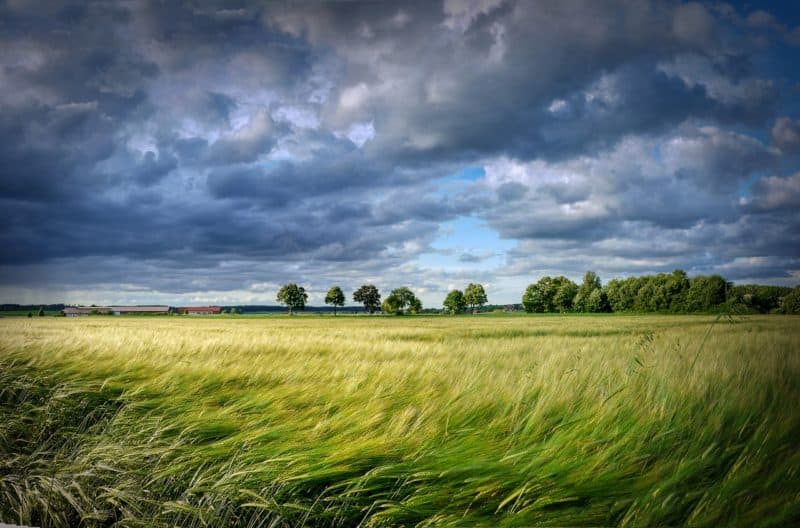
Strong winds can rip a tent – so ensure you pitch in as protected an area as possible. If you have room to pack a windbreak, this can offer some protection you can move it around depending on the wind direction. Similarly, if you have a car, you could park your car to try and buffer some of the wind too. As the wind picks up, check all your guy ropes and pegs are firmly secured in the ground. Pack some good quality string (or spare guy ropes) and extra pegs, so you can knock in some extra guys if needed. As a last resort car camping as an emergency shelter may be the only option.
Staying Warm
Nights can get very cold even in summer, especially in windy weather. The first thing to remember to avoid getting too cold is to stay dry and keep an eye on your body temperature. Air your sleeping bag well after use if you can – to dry away sweat or dampness and remove all wet things and clothing before going to bed.
Make sure all bedding and sleeping beds are pulled well away from the tent exterior to prevent patches of rubbing where water could get in when wet. Pack extra jumpers or fleeces for cold evenings, also rain pants, rain jackets and waterproof boots for rain showers.
Hats and gloves are a great way to protect you from losing body heat and may be necessary for spring or autumn, a hot water bottle is a must so should be at the top of the essential list. If you’re camping in winter, you’ll need to take additional precautions – this topic is dealt with elsewhere on this site.
Don’t Despair!
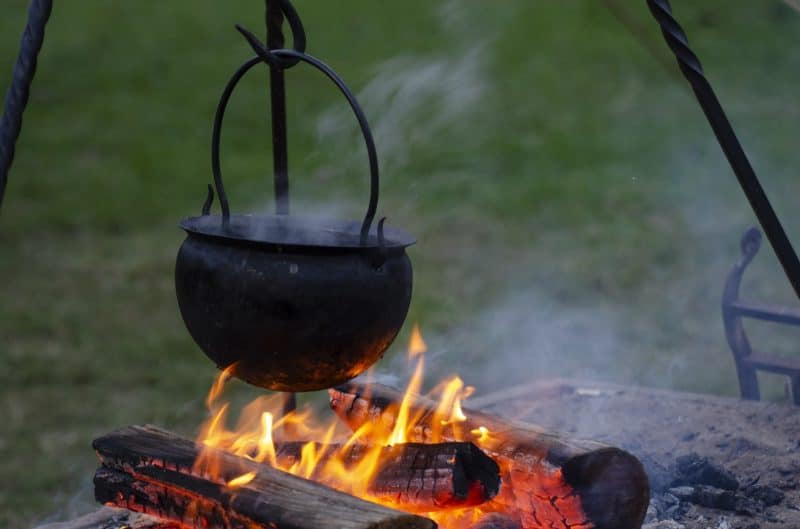
It’s easy to become despondent if it’s your first time and you’re camping in several days of persistent rain. Don’t let it put you off camping – it really doesn’t always rain – even in Britain. First things first here are some ways to cope with light rainy/windy weather when you’re camping:
a) Put on your waterproof pants and rain ponchos and go for a long walk in the fresh air, you might be surprised by some of the wildlife that comes out when it rains.
b) Head to a pub, restaurant or café where you can get some hot food, you’ll feel you’ve deserved it after a long, wet walk. You may also meet fellow campers.
c) Light your lantern or torch to brighten up your tent, wrap up in blankets or your sleeping bags and get out a good book, board games or pack of card games.
d) If your camp stove is safe to use inside the tent to help dry things or cook some soup or hot chocolate and play word games or charades.
e) If you have your car, why not go to the pictures and enjoy a film before heading back and snuggling into a warm sleeping bag?
f) Check out the local indoor attractions before you go camping, you should be able to find some rainy day options that don’t cost the earth if you do your research well in advance.
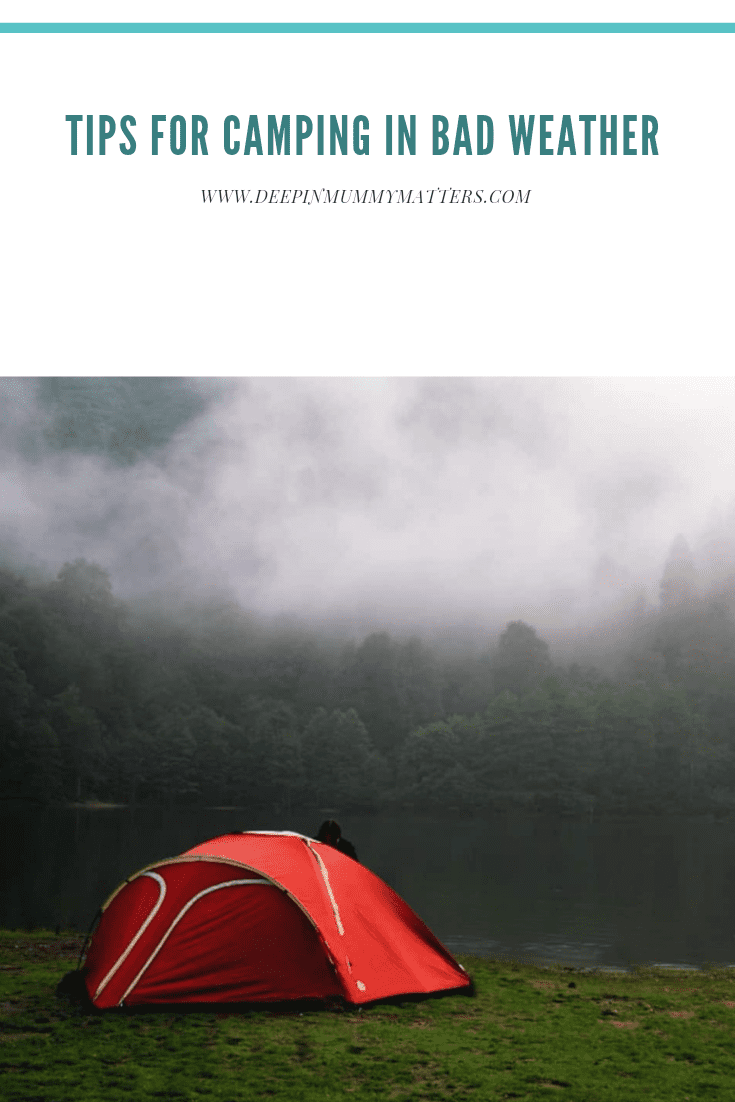

This would be my worst nightmare, I like the head to the pub part as it is warm and dry in there, although I would not be wanting to leave
Haha we have had two camping trips in horrendous weather but we made it through . . . somehow 🙂
There are some really good tips here for sure. The one thing you can’t control is the weather so always good to plan ahead and be prepared x
It certainly is, we have had a couple of bad weather experiences so we have certainly learnt a thing or two x